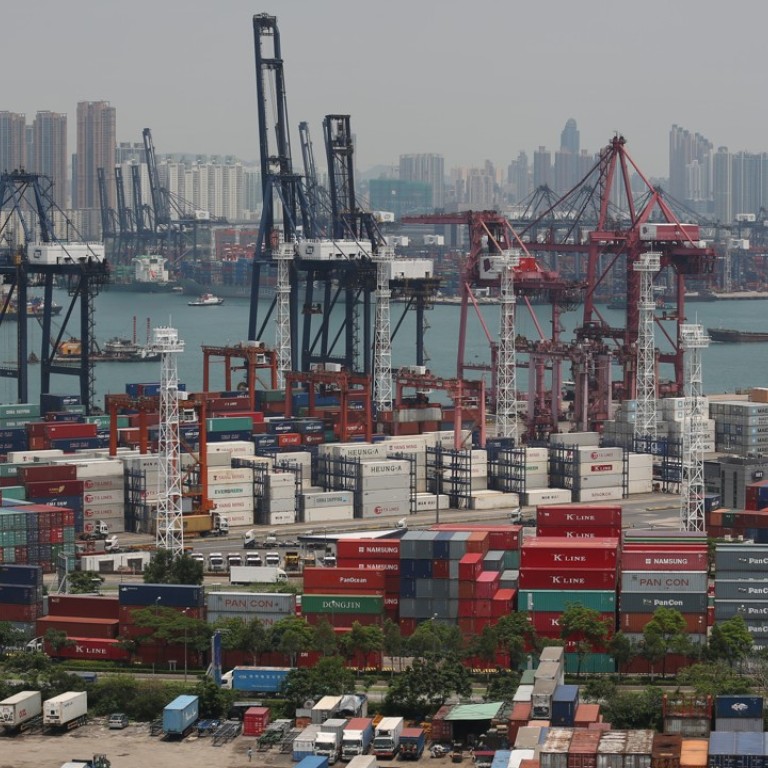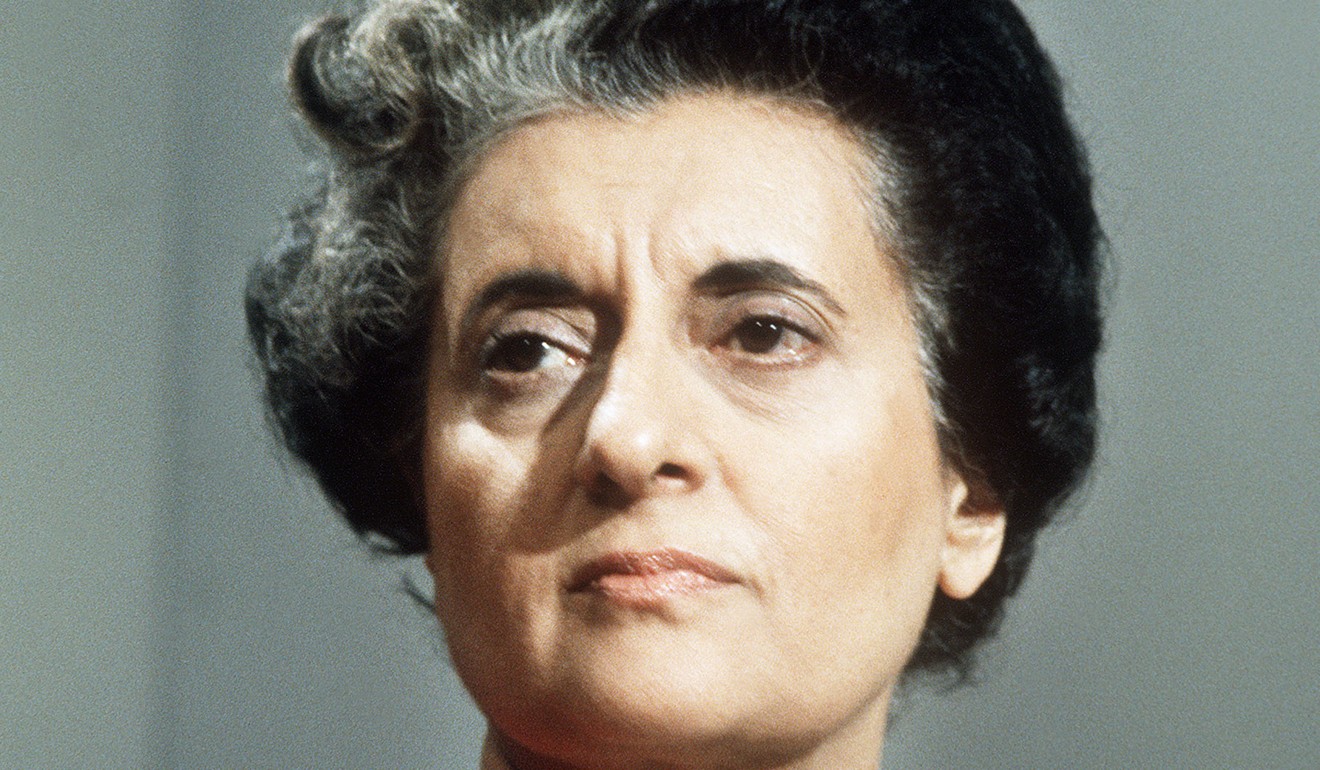
Online Letters, November 28, 2017
Container terminal is still an important part of Hong Kong’s economy
He refers to an outdated policy which is under review by the central government. It does not allow foreign shipping lines to carry cargo between any two domestic ports on the mainland, so shipping firms use Hong Kong.
Even if that restriction is lifted, Kwai Tsing will still have an important role to play. For example, Hong Kong is the second largest exporter of fur globally and there are other sectors in the local economy which utilise the container port and rely on it. The loss of these terminals to make way for homes would damage the local economy.
He also talks about Cyberport as being a prime example of land being wasted, but I disagree. The aim of developing Cyberport was to cultivate creative industries and other new enterprises. Although it is not heavily used, it does provide a fertile environment for companies which are aiming to be innovative, especially with its highly-developed internet infrastructure. Cyberport plays an important role and I believe it is irreplaceable.
When it comes to wasted land that can help to alleviate our housing woes we should be looking at brownfield sites. A lot of them are located in the New Territories and used for enterprises such as recycling and storing scrap metal and old cars. Many of them could be put to better use, with affordable homes being built on them. It would be far better to target them rather than Cyberport.
Some of these operators in the New Territories are unauthorised and unregulated and cause a great deal of pollution, caused, for example, by sewage and heavy metal. This can affect water courses. It would be a win-win situation to clean up the pollution and increase the housing supply.
Louis Li, Sha Tin
Diners have to think about what they are eating in restaurants
They looked at food which is popular with local diners such as sweet and sour pork, scrambled eggs, fish fillets, steamed pork patties and salted eggs. Some dishes, especially the pork patty and salted egg, had very high sodium content.
It is important that restaurants take note of these findings, especially with raised levels of awareness about the health implications of what we eat. But of course, owners of these eateries want to make food as tasty as possible, so, for example, they add too much seasoning, when it is not needed in a particular dish.
I think legislation may eventually be needed to force restaurants to reduce salt content in their dishes as excessive salt raises the risk of high blood pressure and heart disease.
Eric Lui, Tseung Kwan O
Government should encourage people to cut back on plastic
This is a good policy, but the administration has to do more to raise levels of public awareness about the importance of environmental protection. It needs to get its green message across forcefully with more adverts on television and online. Citizens need to realise that they have a role to play in trying to protect ecosystems in Hong Kong, including doing basic things like helping to keep our streets clean. Residents should be cooperating with the government.
There should also be more talks and workshops in schools with environmental themes so that pupils learn from an early age that we all need to try to protect our planet. They are more likely to want to do this if they have a deeper understanding of the issues.
Kelly Wong Ka-yi, Po Lam
Schools often neglect creativity and independent thinking
While it is good that some local schools do encourage pupils to think outside the box, the exam-oriented system is still dominant and even in primary school a lot of pupils are under pressure to do well so they can get into top secondary schools.
In the fight to get one of these places, parents may often neglect the need to encourage their children to be creative and think independently. They are sometimes forced to sign up for extracurricular activities that do not interest them.
These children can become so disillusioned that they lose interest in the entire learning process. They then just concentrate on rote learning, copying the right answers to get the best results in exams, without really thinking about what they are studying.
Parents need to reflect on what their children really want and what would be good for them, including aiming for a school, based not on its reputation, but whether it is suitable for the child.
The government should be encouraging schools to have more active learning schemes where teachers take a more integrated approach in a subject. This encourages pupils to be more creative and inquisitive and to question themselves. This is better than blindly copying material from textbooks.
I do not believe it is good to turn youngsters into exam machines. They need to see learning as a lifelong process.
The happiness of pupils is just as important as scoring high marks in tests and exams.
Teresa Ng, Hang Hau

Looking back at Indira Gandhi’s mixed legacy
November 19 was the 100th anniversary of the birth of renowned Indian prime minister, Indira Gandhi, who was assassinated in 1984.
Her entire life was dedicated to the service of India and its people. She was undeniably influenced by the patriotism and dedication of Mahatma Gandhi, who had a great impact on her father Jawaharlal Nehru and on her during her childhood and teen years. Moreover, Mrs Gandhi also benefited from the training she received from her father when he was prime minister.
Indira Gandhi was a resilient and competent prime minster and led India through very challenging times like food shortages, the rise of regional chauvinism, communalism, and terrorist threats. She always conducted herself with elegance, dignity and aplomb and travelled across the country to meet people who were in distress, especially in the villages. She was also a lady of few words and frequently let her silences and pauses speak.
Gandhi led the country heroically in the 1971 war with Pakistan, which resulted in the creation and independence of Bangladesh. After the victory she visited Mumbai, and I remember her travelling in an open car and being showered with flowers and garlands all along the route, passing through Gokhale Road in the city. She would toss the garlands back at her supporters. Whoever caught a garland or bouquet from her, carried it like a trophy. Eventually she sacrificed her life too, for the country.
The negative feature of her career was the declaration of the emergency in 1975, when some excesses took place, about which she was perhaps not even fully aware.
Gandhi did her best to continue the policy of being non-aligned, which her father had also advocated, during the cold war. She was well respected abroad. I travelled to many countries on work, from Latin America to the Far East and everywhere ordinary citizens held her in high esteem. She was also a devoted mother and grandmother.
Rajendra K. Aneja, Mumbai, India

